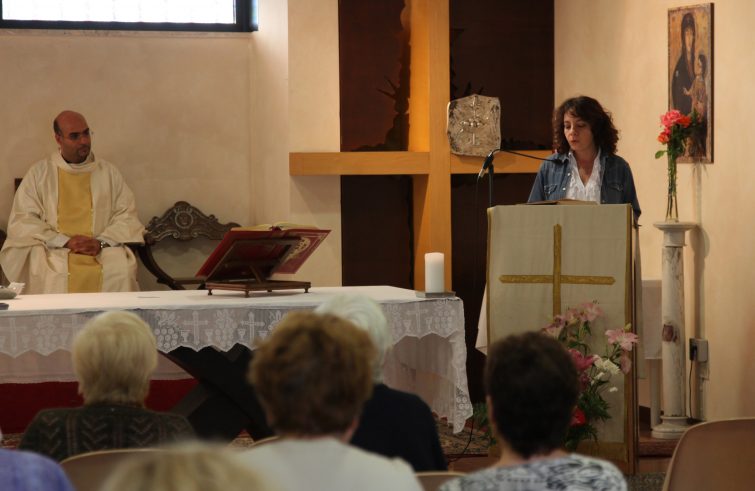
The first question we ask ourselves when it comes to the ministry of lay faithful is:
what could be the role of the laity in an evolving Church?
This entails defining the identity of the laity, which hinges on three aspects:
1 Vocation – Mission. The term Vocation indicates the bedrock, the identity of lay faithful, viewed from an ad intra (being) perspective; the term Mission implies the outward expression of the identity of the laity ad extra (doing).
2 Church – World. The first binomial is the starting point for the second. In fact, “Church” is the community of those “called by God to be.” The “world” is where the vocation to which they have been called takes place. In the “world”, each one explicates their awareness.
3 Ecclesiality – Laity. The two opposing spheres must not be separated here either! Which kind of ecclesiality? Which laity? We come to a full sense of the dignity of the lay faithful if we consider the prime and fundamental vocation: the vocation to holiness (Christifideles Laici, 16).
Each one of us has received a solemn mandate to go out to the world and spread the Good News, which, by virtue of a vocation, we can bear witness to and proclaim.
The Vocation – Mission binomial today applies not only to the ‘ecclesial’ world per se, but to each one of us. By virtue of baptism, each one of us has received a mission in the world. It thus involves the whole Church and we must embark on this journey together, lay and consecrated persons alike. It is not an undefined path, not accidental or interminable. Rather, it is a path with stages and deadlines, requiring decisions and changes.
In order to embark on this journey, we must be aware that we have been called, and we must know how to respond to the invitation.
It is necessary to journey together, to collaborate in tackling issues that affect the life of the world.
Clericalism risks slowing down the synodality process and could jeopardise a path of communion and working together. As Pope Francis says, “the Church would look foolish without the laity.”
The vocation to holiness requires rethinking and overcoming sacred/profane opposition. Holiness denotes a covenant, a union, unlike sacredness, which on the contrary points to a separation.
Every lay Christian is called to be holy and to strive for the perfection of charity.
Francis of Assisi teaches us to live in, with, and for the Church, a Church which, as Mother, welcomes her children without distinction. Indeed, quoting from Fr Milko Gigante OFM of the Lecce Province:
“the synergy between the laity and consecrated persons is synonymous to generativity, while preserving the specific nature of one’s own vocation.”
Pope Paul VI’s Apostolicam Actuositatem, No. 4, reads: “The unity of life of the lay faithful is of the greatest importance: indeed they must be sanctified in everyday professional and social life. Therefore, to respond to their vocation, the lay faithful must see their daily activities as an occasion to join themselves to God, fulfill his will, serve other people and lead them to communion with God in Christ.”
Hence, according to Paul VI, the commitment of the laity is participation in the Church’s apostolic goals, that is, “the evangelization and sanctification of humanity and the Christian formation of people’s conscience, so as to enable them to infuse the spirit of the Gospel into the various communities and spheres of life.”
How far have we progressed in our journey?
(*) Professor at Niccolò Cusano University.












